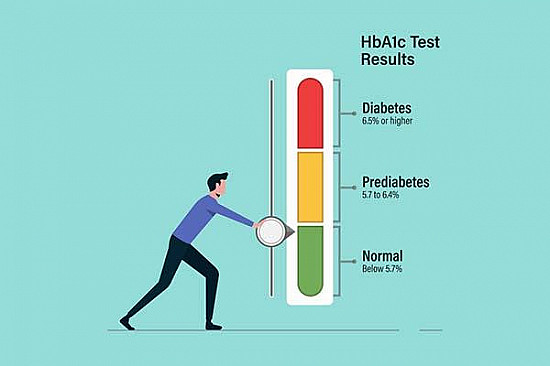Have you had an HIV test?
News briefs
About half of all people in the United States living with a diagnosis of HIV (human immunodeficiency virus) are age 50 or older. But new data from the CDC suggest most Americans have never been tested for the virus (which causes AIDS, the late-stage phase of HIV infection). According to the June 28, 2019, Morbidity and Mortality Weekly Report, less than 40% of people in the United States have had an HIV test, even though the CDC recommends routine testing at least once for everyone age 13 to 64. The CDC notes that older adults sometimes aren't tested for HIV because they don't consider themselves at risk for infection or because their health care providers don't offer them the test. Older people may also mistake late-stage HIV symptoms, such as weight loss and frequent illness, for signs of normal aging. Those symptoms occur because HIV attacks the body's immune system. But a delay in diagnosis allows the virus to cause more damage. That's unfortunate, since medications can keep the infection from progressing.
If you haven't had an HIV test, talk to your doctor about whether it's right for you, no matter your age, especially if you are sexually active or have had more than one sex partner.
Disclaimer:
As a service to our readers, Harvard Health Publishing provides access to our library of archived content. Please note the date of last review or update on all articles.
No content on this site, regardless of date, should ever be used as a substitute for direct medical advice from your doctor or other qualified clinician.















